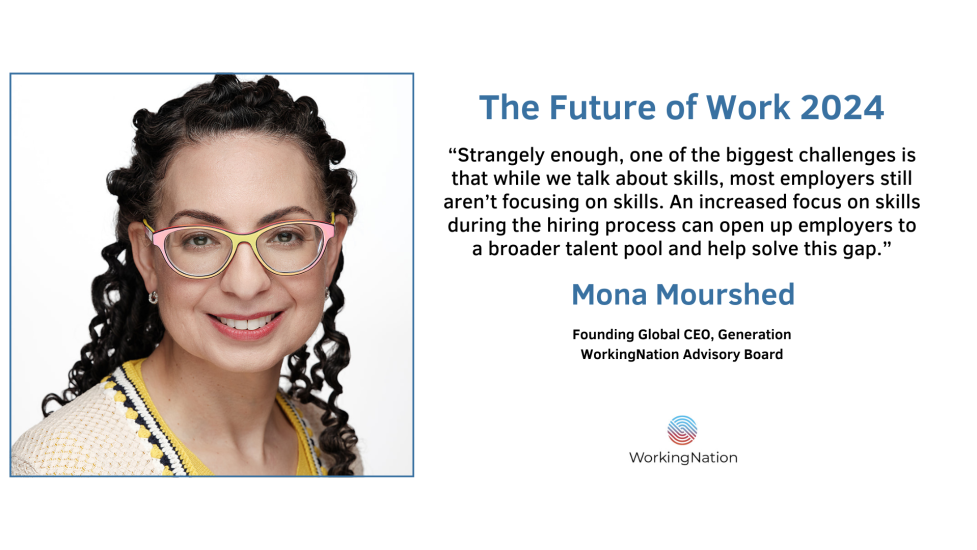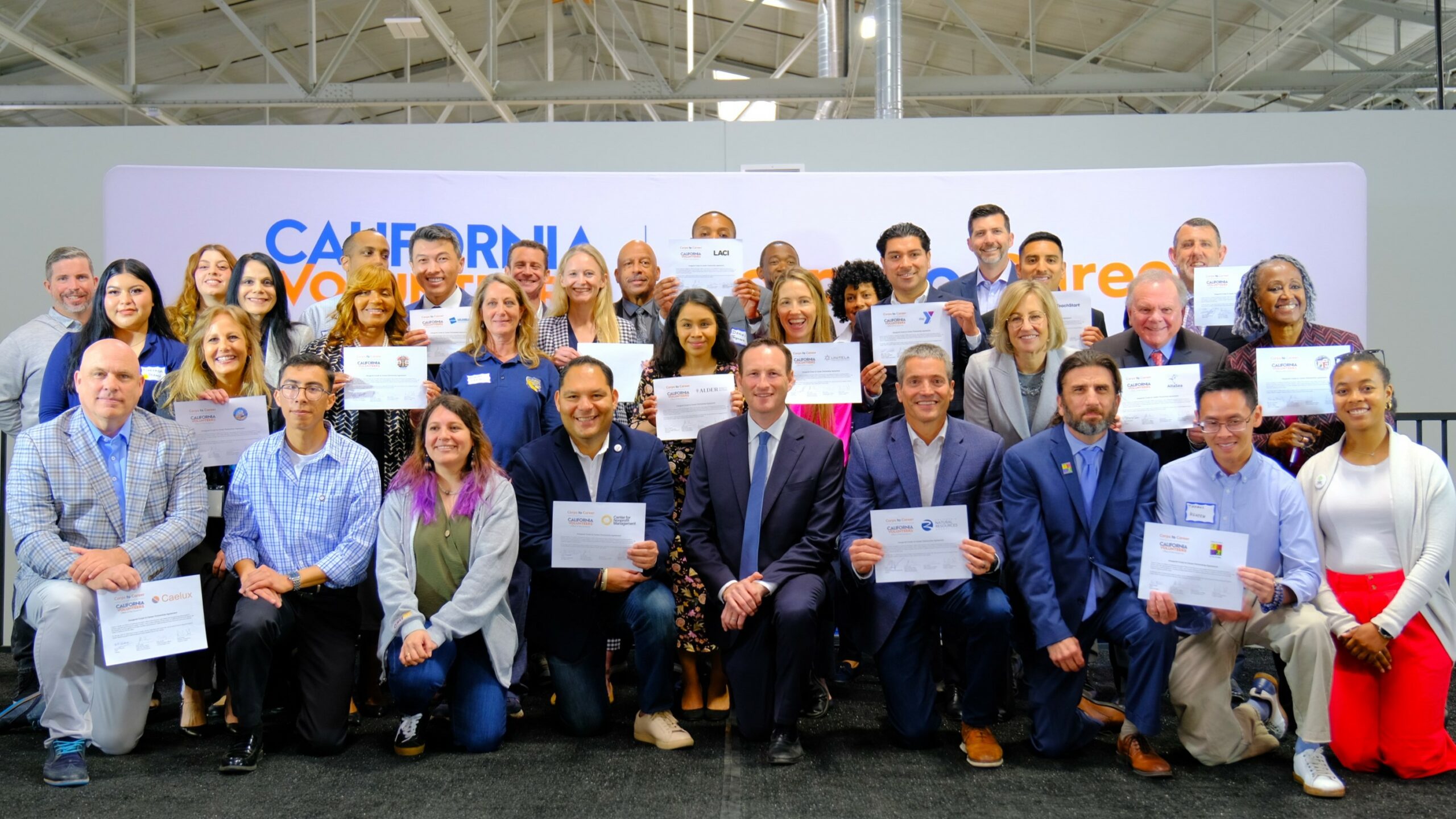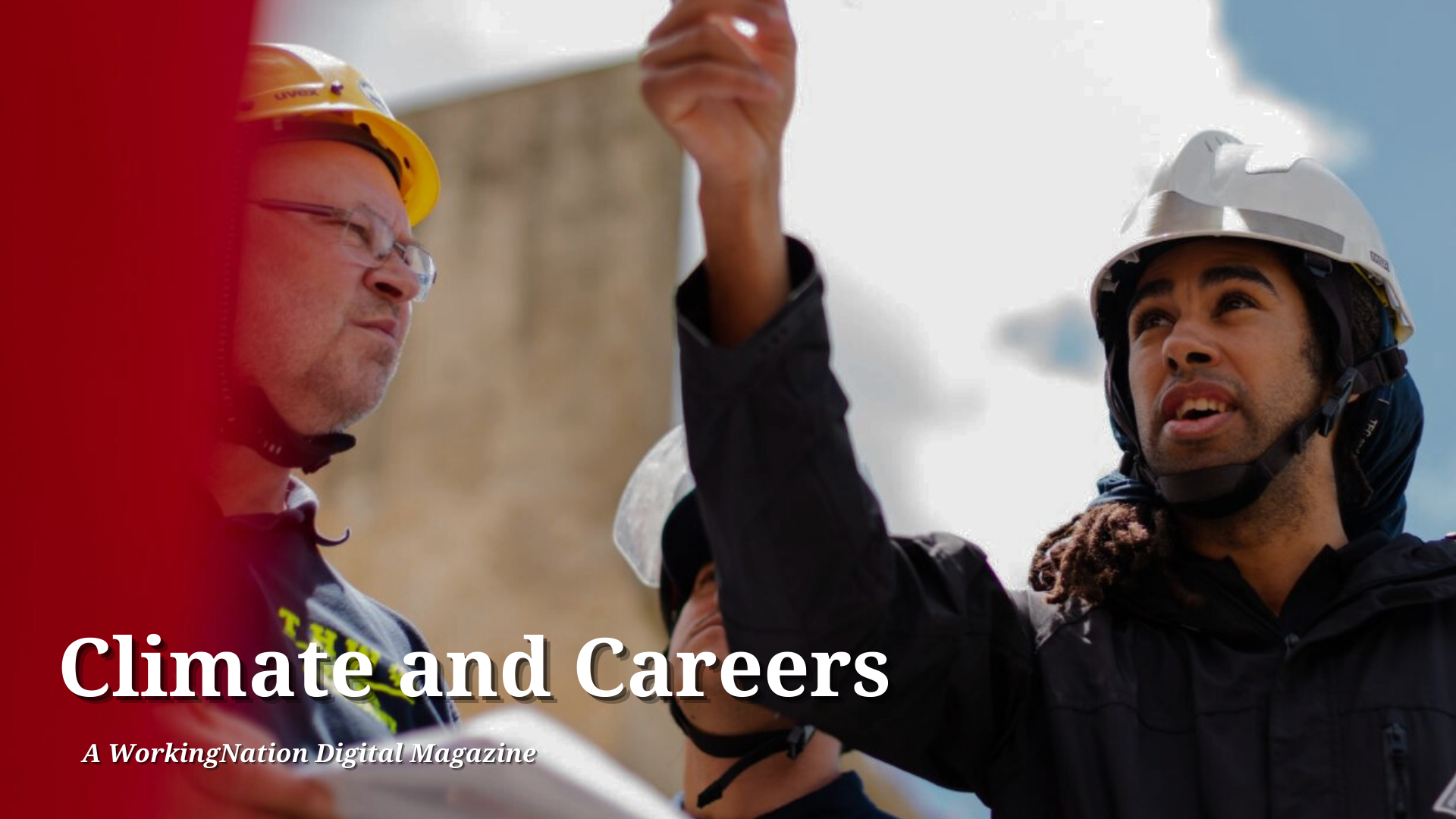We asked our WorkingNation Advisory Board to share their thoughts on the most important issues and challenges facing the workforce and the labor market in 2024.
Mona Mourshed is the founding global CEO and executive director of Generation, a nonprofit with a focus on the power of jobs to change lives.
Here are her thoughts on The Future of Work 2024.

“Strangely enough, one of the biggest challenges is that while we talk about skills, most employers still aren’t focusing on skills. In a survey Generation conducted earlier this year with 1000+ employers across eight countries, we found that about three-quarters of employers increased education or work experience hiring requirements – which are often used as a proxy for skills – for entry-level tech roles.
“However, the remaining quarter of employers had removed these requirements and found themselves with more candidates who performed just as well if not better on the job. How did they do it? Well, in many cases by using demonstration-based assessments that actually evaluate whether candidates have the skills needed for the job. An increased focus on skills during the hiring process can open up employers to a broader talent pool and help solve this gap.
“Hundreds of billions of dollars are spent annually across the world by governments, businesses, and funders to prepare those who are unemployed or underemployed for workforce entry and career pathways. That pool of resources is already in place, and there is an opportunity to help many more people more deeply by taking a longer view on impact.
“Yet, systematically measuring the medium- and long-term employment, income, and financial health outcomes for adults of various profiles remains an elusive goal, and often leads to investment in programming that lacks durable impact.
“As a field, we should be much more focused on understanding and measuring the impact of skilling on people’s lives – spanning employment, income, savings, personal well-being — years after they have completed a training/upskilling program. We do so at Generation for up to five years post-program and are eager to continue improving how we do so with similarly minded peers, funders, and other stakeholders.
“I think we are making progress in becoming a more inclusive workforce. I see it every day in our work when Generation graduates, who typically face one or more systemic barriers to employment, are hired into life-changing roles.
“We quantify this effect by measuring our capacity to address a local market’s employment needs with a different talent profile. In other words, we assess the extent to which Generation graduates alter employer hiring patterns. We do that by estimating the number of Generation graduates that fill annual job vacancies for a given profession in a given location – for example, the number of Generation graduates who fill Java developer entry-level vacancies in Sao Paolo in 2023.
“In 18 locations across eight countries, Generation graduates now hold more than 5% of entry-level jobs, which is a significant share of hiring. It is up from nine locations in four countries one year ago.
“While the volume of conferences and discussions about the challenges that age 45+ workers face in the labor market has risen, progress to support their career transition is slow. Age 45+ individuals continue to be around half of the long-term unemployed in most OECD countries.
“As our research has shown across multiple countries, the majority of employers continue to believe that job candidates age 45+ are reluctant to try new technologies and are slow to adapt, but these same employers say that age 45+ workers that they have hired are consistently matching or exceeding the performance of younger colleagues.
“Solving this challenge requires that employers be much more mindful about how ageist perceptions influence recruiting practices and that age 45+ candidates proactively engage in job-specific or task-specific training.”
Read more from our WorkingNation Advisory Board members on The Future of Work 2024.











